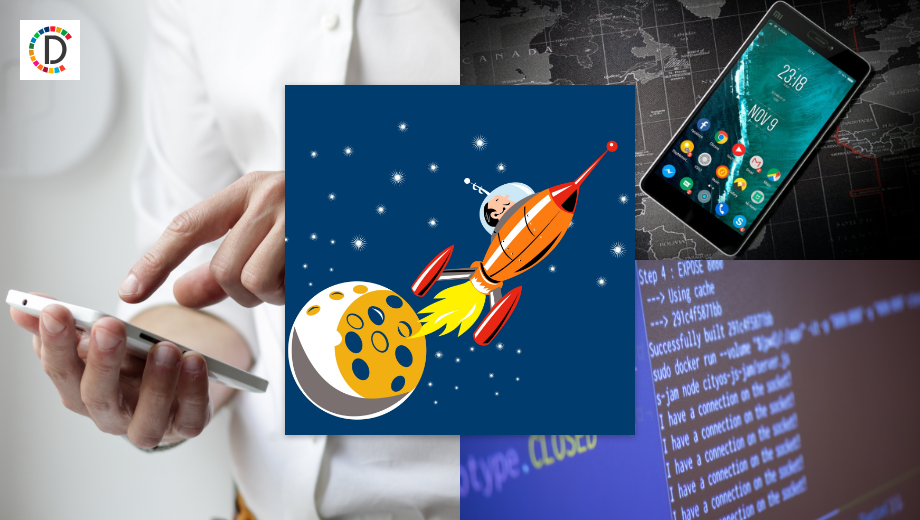The AI Agents Revolution: Reshaping Work and Society
AI agents, autonomous systems, are positioned to reshape work and daily life by performing complex tasks. Salesforce and Meta leaders foresee wide-scale AI deployment, sparking concerns about societal impact, ethical boundaries, and privacy. These developments necessitate robust regulatory frameworks and accountability measures to safeguard human interests.

- Country:
- Australia
In recent years, generative artificial intelligence has captured global attention, leading to the emergence of AI agents – autonomous systems capable of making independent decisions. This technology is set to transform how we work and live by handling intricate tasks, such as contract negotiations and financial management, without direct human input.
Salesforce CEO Marc Benioff plans an ambitious deployment of a billion AI agents, while Meta's Mark Zuckerberg envisages their numbers surpassing the global population. As companies rush to implement these systems, critical questions arise regarding their societal impact, ethical boundaries, and long-term implications.
AI agents promise convenience but introduce significant risks, from privacy concerns to the complexity of their interactions. Governing bodies and companies must prioritize ethical frameworks and safety measures to ensure these agents align with human values and preserve our agency in an increasingly automated world.
(With inputs from agencies.)










